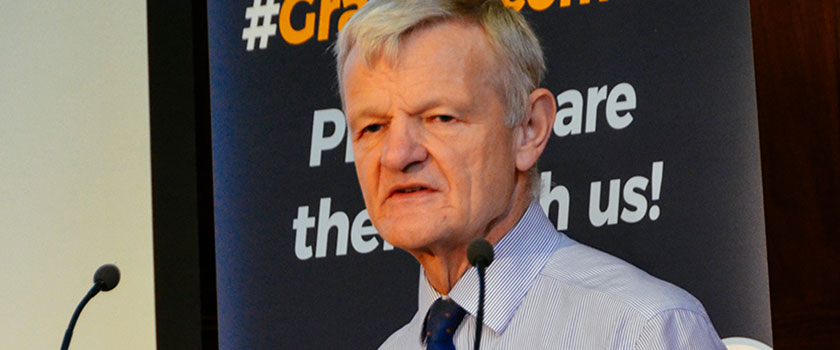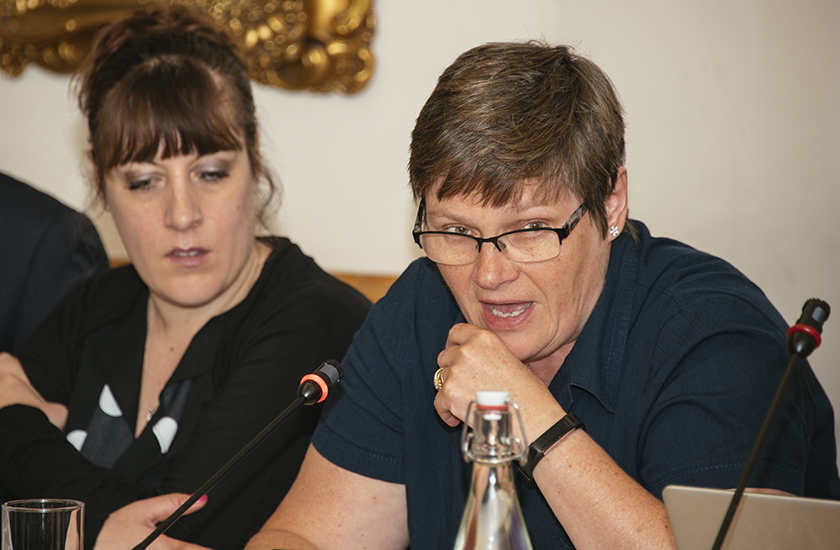-
-
- Council Members
- Role of Council Members
- Council meetings
- Council elections
- Previous election results
- Dr Louise Allum
- Dr Sam Bescoby
- Dr Andrew Clemence
- Dr Tshidi Gardiner
- Dr Reginald Godwin
- Paddy Gordon
- Dr Danielle Greenberg
- Dr Gerard Henry
- Dr Richard Hillman
- Dr Benjamin Kennedy
- Dr Tom Lonsdale
- Dr Darren Partridge
- Martin Peaty
- Alison Price
- Dr Peter Robinson
- Dr Jennifer Simmons
- Dr Sadie Spencer
- Dr Mary Thomas
- William Wilkinson
- Dr Lara Wilson
- Past-Presidents
-
-
-
-
-
- About extra-mural studies (EMS)
- EMS requirements
- Information for vet students
- Information for EMS providers
- Information for vet schools
- Temporary EMS requirements
- Practice by students - regulations
- Health and safety on EMS placements
- EMS contacts and further guidance
- Extra-mural studies fit for the future
-
-
- Code of Professional Conduct for Veterinary Surgeons
- Code of Professional Conduct for Veterinary Nurses
- Contact the Advice Team
- XL Bully dog ban
- 'Under care' - guidance
- Advice on Schedule 3
- Controlled Drugs Guidance – A to Z
- Dealing with Difficult Situations webinar recordings
- FAQs – Common medicines pitfalls
- FAQs – Routine veterinary practice and clinical veterinary research
- FAQs – Advertising of practice names
- GDPR – RCVS information and Q&As
RCVS Council endorses reforms to veterinary education and graduate support
27 January 2020
RCVS Council has approved the direction of travel for a number of reforms aiming to update and improve the education and support of veterinary students and new graduates.
 A series of recommendations were put to RCVS Council at its meeting on Thursday 23 January 2020 which came out of the Graduate Outcomes Project, a wide-ranging consultation launched in 2018 to gather the views of the profession in four key areas:
A series of recommendations were put to RCVS Council at its meeting on Thursday 23 January 2020 which came out of the Graduate Outcomes Project, a wide-ranging consultation launched in 2018 to gather the views of the profession in four key areas:
- Day One Competences – the skills and attributes required by veterinary graduates to work safely and independently upon entering practice;
- The Professional Development Phase (PDP) – including an identified need for a more structured PDP programme for new graduates and what this could look like;
- Extra-mural studies (EMS) – including how EMS placements should best be implemented, to achieve a more consistent quality and value for veterinary students; and,
- Clinical education for General Practice – including how the veterinary degree can ensure there is an appropriate balance of general practice and specialist experience so that students are capable and confident whatever their intended clinical career directions.
The consultation, which itself was a recommendation of the 2016 joint RCVS and British Veterinary Association (BVA) Vet Futures Action Plan, garnered a total of 3,686 individual responses and 38 organisational responses in the first stage. The profession-wide consultation was then followed up with 28 one-to-one interviews and seven focus groups involving 50 individuals.
 Dr Linda Prescott-Clements, (pictured) our Director of Education, said: “The consultation concerned a complex series of proposals on some important issues that had been identified in terms of veterinary graduates struggling to adapt to life in practice and how support mechanisms for those graduates might be strengthened – and so we are grateful for the responses and feedback we received from the profession.
Dr Linda Prescott-Clements, (pictured) our Director of Education, said: “The consultation concerned a complex series of proposals on some important issues that had been identified in terms of veterinary graduates struggling to adapt to life in practice and how support mechanisms for those graduates might be strengthened – and so we are grateful for the responses and feedback we received from the profession.
“The comments that we received on the proposals for the Day One Competences and Professional Development Phase were clear in largely supporting our proposed direction of travel and, as a result, recommendations and detailed proposals for both of these areas were developed by our Graduate Outcomes Working Group and Education Committee, and have now been approved by Council.
“However, the complexity of workplace learning means that the consensus was less clear on the proposals for EMS and undergraduate clinical education – so the Graduate Outcomes Working Party and the Education Committee has agreed to undertake further work in these areas.”
The approved proposals for the Day One Competences concerned the implementation of a new conceptual model for the skills and experience required of new graduates, including a greater focus on non-clinical competences such as the need to develop resilience and other professional skills. Furthermore, more specific and detailed guidance on the Day One Competences will be developed, to support their implementation by vet schools.
Once developed this new guidance will need to be approved by our Education Committee and RCVS Council and will then be shared with veterinary educators along with a timetable for its implementation.
In terms of the PDP, previous research conducted by the RCVS had shown that, whilst the aims of the initiative were largely supported, it was seen as a tick-box exercise and it was felt that the support mechanisms for new graduates need to be strengthened.
The consultation responses largely supported major reform of the PDP, moving away from a tick-box exercise and strengthening the support available for graduates to help them progress beyond day one competence into confident and capable independent practitioners.
 Dr Susan Paterson, (pictured) Chair of our Education Committee, said: “A completely new programme of support for graduates will be developed. This will be centred on the provision of feedback and guided reflection against professional activities which are relevant to their role as identified by the graduate, and supplied by their workplace mentor.
Dr Susan Paterson, (pictured) Chair of our Education Committee, said: “A completely new programme of support for graduates will be developed. This will be centred on the provision of feedback and guided reflection against professional activities which are relevant to their role as identified by the graduate, and supplied by their workplace mentor.
"The RCVS will develop an online training package to support mentors in their roles, and, as a result of feedback from the profession, we will develop a mechanism to accredit practices delivering the new programme, and quality assure it to ensure graduates receive the support they need."
Professor Stephen May, (pictured top) Chair of the Graduate Outcomes Working Group that reports to Education Committee, said: “We are very pleased that Council has supported the proposals for the Day One Competences and PDP, and the direction of travel for EMS and clinical education. We are very grateful to those who took the time to provide their ideas and feedback on improving the support for veterinary students and new graduates.
“The Vet Futures research made it clear that there were difficulties and anxieties in terms of the transition to life in practice, including problems with mental ill-health and poor wellbeing, leading to some graduates leaving the profession. We owe it to our newest veterinary surgeons to find better ways of preparing them for the complexity of clinical practice, and primary care in particular, as well as supporting them through the early stages of their careers and ensuring that they are ready for what awaits them.
“We now look forward to carrying out further work and developing proposals on the future of EMS and clinical education for general practice as well as supporting the Education Team at the RCVS in developing the new model for Day One Competences and the replacement for the PDP.”
The Graduate Outcomes consultation document can be downloaded from the project page.
The full papers for the January 2020 Council meeting are available.